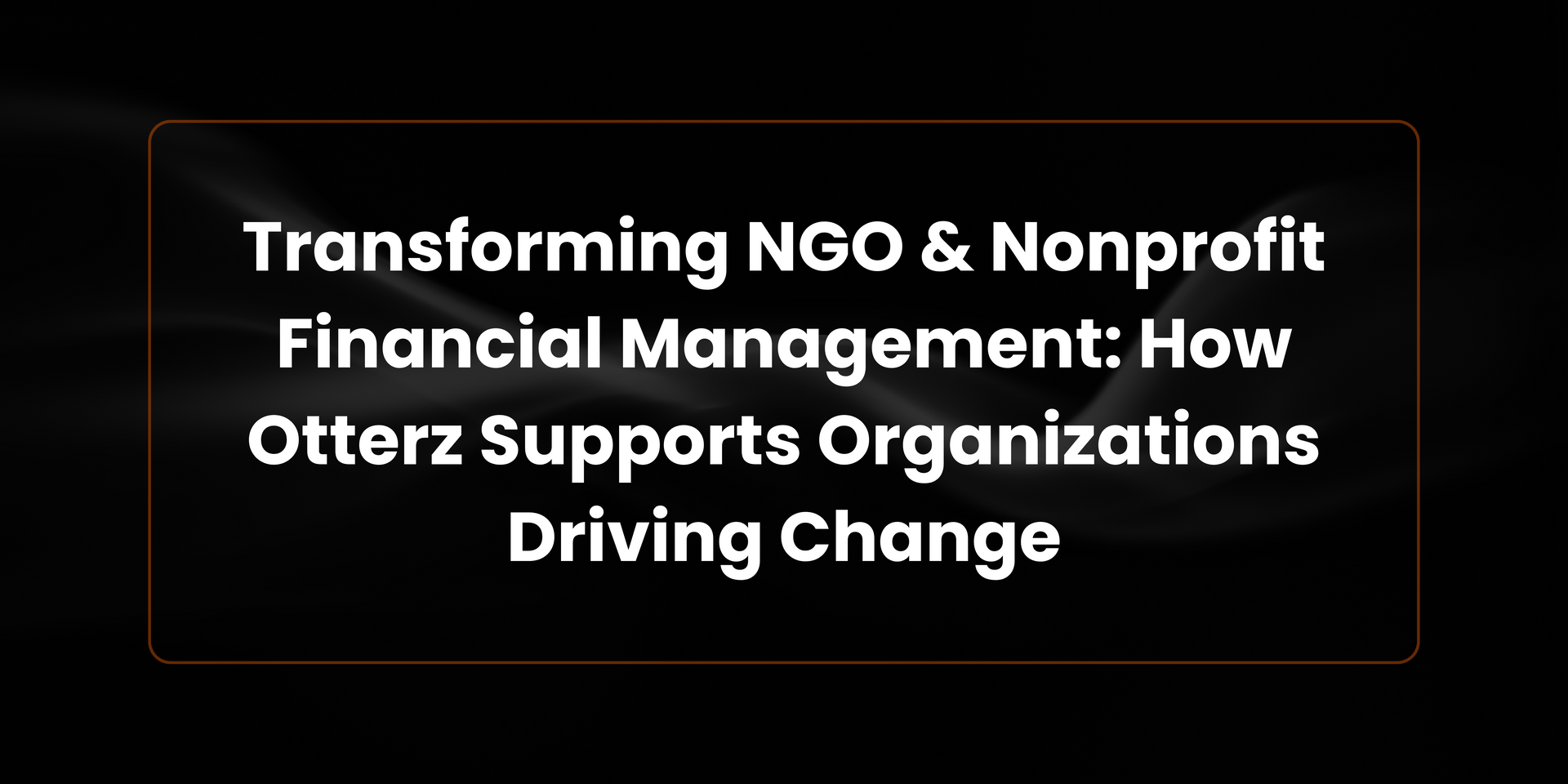Smart Accounting Tips for Multi-State Businesses: Maximize Savings & Stay Compliant
Multi-State Expansion? Don’t Grow Without These Accounting Essentials

Expanding your business into multiple states is an exciting milestone that also brings significant financial and regulatory challenges. As your business grows across state lines, understanding key accounting and tax considerations becomes critical to ensure compliance, avoid penalties, and maintain long-term financial health.
This guide covers essential accounting factors every multi-state business owner should know to operate successfully and legally across different jurisdictions.
Why Accounting Is Crucial for Multi-State Businesses:
Operating in more than one state means your business is subject to a variety of state-specific tax laws, payroll regulations, and reporting requirements. Failing to comply with these can lead to costly penalties and unexpected liabilities.
A well-organized accounting strategy tailored to multi-state operations helps businesses stay compliant, optimize tax strategies, and scale efficiently.
1. Understanding Nexus and State Tax Obligations
Nexus refers to the level of business activity that creates a tax obligation in a particular state. Nexus can be established through:
- Physical presence (office, warehouse, or storefront)
- Hiring employees or independent contractors in a state
- Reaching a sales threshold (economic nexus)
- Attending trade shows or providing services in person
Once you establish nexus in a state, you may be required to register, collect sales tax, file income tax returns, and comply with employment laws. Regularly assess your business footprint to ensure compliance.
2. Multi-State Sales Tax Compliance
Sales tax laws vary widely between states. Some states tax digital products and services, while others do not. Each jurisdiction also has different tax rates, exemptions, and filing deadlines.
To stay compliant:
- Register for a sales tax permit in every state where you have nexus.
- Use correct sales tax rates based on customer location.
- File accurate and timely sales tax returns.
- Consider automation tools like Avalara or TaxJar for real-time updates.
- Proper sales tax management is essential to avoid audits and fines.
3. Income and Franchise Tax Requirements
Your business may be required to pay income or franchise taxes in each state where it operates. Each state has its own rules for determining taxable income, often based on apportionment formulas that divide your business income across different jurisdictions.
Best practices include:
- Determining the correct method for income apportionment
- Understanding each state’s tax filing requirements
- Avoiding double taxation through strategic tax planning
A tax professional experienced in multi-state business can help you comply with regulations while identifying tax-saving opportunities.
4. Payroll and Employment Tax for Out-of-State Employees
Hiring employees or contractors in different states adds layers of complexity to your payroll processes. You must comply with each state’s tax laws, which often include state income tax withholding:
- Unemployment insurance tax registration and payment
- Local taxes and labor regulations
- State-specific payroll reporting deadlines
Failure to comply can result in penalties and legal issues. Investing in payroll software or working with a payroll provider can ensure accuracy.
5. Financial Reporting and Bookkeeping Across States
Effective bookkeeping is critical when managing finances in multiple states. Accurate, segmented financial reports help you track performance, allocate expenses, and meet tax requirements for each jurisdiction.
Tips for multi-state financial management:
- Track revenue, expenses, and payroll by state.
- Use accounting software with multi-entity or multi-location support.
- Maintain documentation for apportionment and tax filings.
- Conduct regular financial reviews to catch inconsistencies early.
- Strong reporting systems make tax time easier and improve decision-making.
6. Foreign Entity Registration and State Compliance
If your business operates in a state where it is not incorporated, you may need to register as a foreign entity. This registration gives your company the legal authority to do business in that state.
To stay compliant:
- File for foreign qualification in each new state.
- Maintain annual reports and renew state business licenses.
- Keep your business structure aligned with your long-term goals.
- Failure to register properly can result in fines, revoked business rights, or loss of legal protections.
7. Hire an Experienced Multi-State Accounting Partner
Managing accounting and taxes across multiple states is complex and time-consuming. An experienced accountant or CPA firm that specializes in multi-state operations can help you:
- Navigate complex sales and income tax rules.
- Optimize your tax strategy.
- Streamline payroll and reporting processes.
- Ensure full compliance with state and local regulations.
- Working with professionals allows you to focus on growth while avoiding costly financial mistakes.
Final Thoughts
Expanding into multiple states is a sign of business growth and opportunity. However, with that growth comes added complexity in accounting and compliance. Understanding nexus rules, sales tax, payroll requirements, and financial reporting obligations will position your business for sustainable success.
Need Help Getting Your Financial House in Order?
At Otterz, we help growing businesses handle the challenges of operating across state lines. Whether you’re expanding into a new market or hiring remote employees, our expert team can create a customized accounting strategy to keep your business compliant and thriving.
Schedule your free consultation today and partner with professionals who understand multi-state business success.
Found this valuable? Share it with your friends and colleagues!








